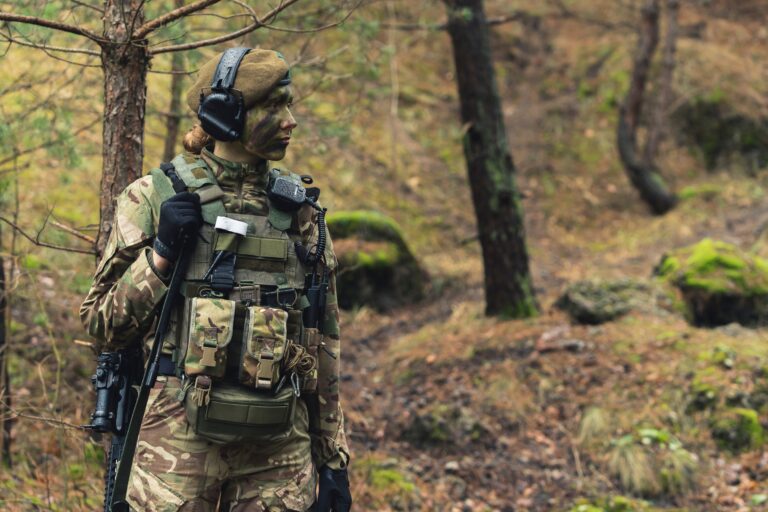What you can do if you have a training accident whilst serving
Training exercises for Armed Forces personnel often involve risk. Much of the training is designed to prepare you for when you may have to be deployed and so it follows that the training, in trying to replicate combat situations, may be hazardous and may even be dangerous. For example, training exercises could involve jumping out of a plane, diving, building bridges, live firing or long exercises in difficult terrain. It is likely that you will have pushed yourself to your limits to pass the exercise and prove that you are ready to be deployed.
Some accidents which lead to injury can be avoided and in these cases you may be able to pursue a claim in negligence against the Ministry of Defence (MoD).
In this blog I am going to discuss the steps that you should take if you have an accident during a training exercise, who you need to notify, and what steps need to be taken.
Immediately after the accident
Medical attention
If you have an accident, the first thing you should do is consider whether you need medical attention. Even if the accident seemed relatively minor and you do not feel that you have been injured, it is sensible to be checked out, either by your MO or by the medic on duty. An important reason for getting medical attention is that it should ensure there is a record of the incident and any injury you sustained. If the accident happened whilst you were training away from your base, upon returning to your base you should be checked out again to see if you need any follow up treatment.
Who should I tell?
Under JSP 375 Part Vol 1, all service personnel are under a duty to inform their chain of command about any accident that occurs, regardless of its severity. The chain of command will then decide if any further investigations are needed.
Making a Service Complaint relating to the accident
It may be that after the training accident you have decided it was not your fault and that it could have been avoided. Was the equipment you used faulty? Did those in charge of the training not follow the correct procedure? If so, were you put at risk unnecessarily? Maybe the accident should have been investigated if it was serious and you feel it is being brushed under the carpet. Maybe you are being blamed for causing it. If any of this has happened, you should consider making a Service Complaint.
A Service Complaint has to be made within three months of the incident being complained about. Any complaint made after this time may be rejected unless you can show that there were very good reasons for the delay. Your complaint should detail everything that has led to you making a complaint and you should also explain any steps you have taken to resolve it.
Although you may not have complete faith in the Service Complaint system, you should still make a complaint as it will be a useful record that the incident occurred and it should be thoroughly investigated.
Making a claim under the Armed Forces Compensation Scheme (AFCS)
If you were injured during a training accident you may be entitled to bring a claim for compensation under the AFCS claim. This is a non-fault scheme which you can apply to directly whilst serving or once you have left the Forces. Your welfare officer will have the details of how you can apply or you can contact Veterans UK. Further information can be found here. You should note that any AFCS claim must be made within 7 years of the date of injury.
Making a Civil Claim for Compensation
It might be that following the accident you have still not recovered from your injury and you might be facing the prospect of being medically discharged from the Military. Maybe your injury means you can no longer pursue the career you wanted within the Armed Forces. Maybe, your injury will affect your post military career and earnings. This is likely to be an uncertain time for you and not something you expected when you embarked on your military career. If you have been injured in a training accident you consider has been the result of negligence, you may wish to obtain legal advice on whether you can bring a civil claim for the losses you have suffered as a result, such as lost career, earnings, pension and other benefits.
What are the time limits for a civil claim?
Time limits may vary. For claims in negligence these are normally three years from the date you first suffered the injury. If you were injured during training but the injury was not diagnosed at the time, you would have three years from the date you knew or ought to have known that you suffered an injury which was not properly diagnosed.
You should take advice from a solicitor as soon as possible about the time limits that would apply in your case. If you fail to issue a claim in time you may lose your right to compensation.
If you have been injured in a training accident, please contact us confidentially and without charge to discuss your potential claims further.










